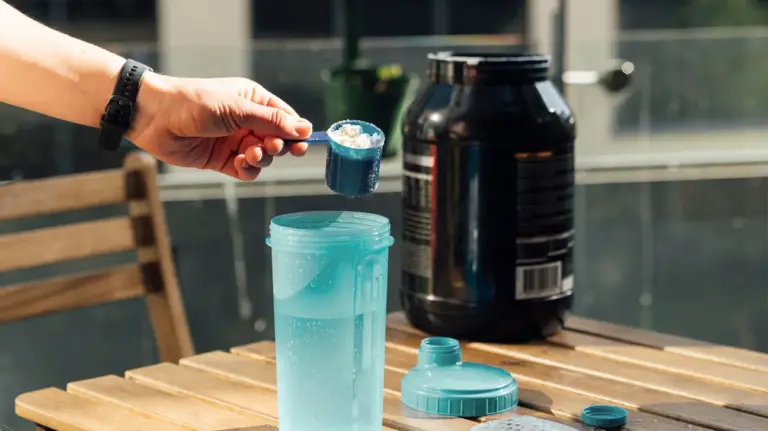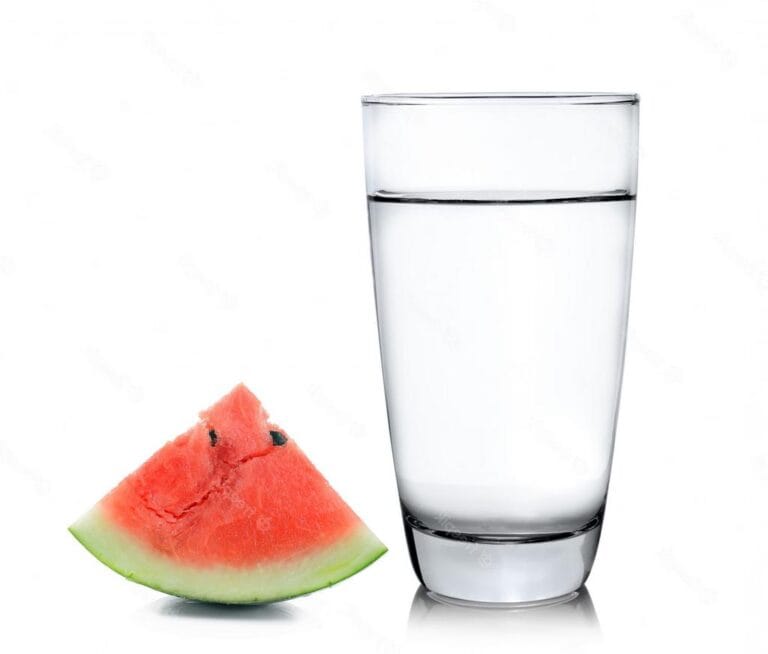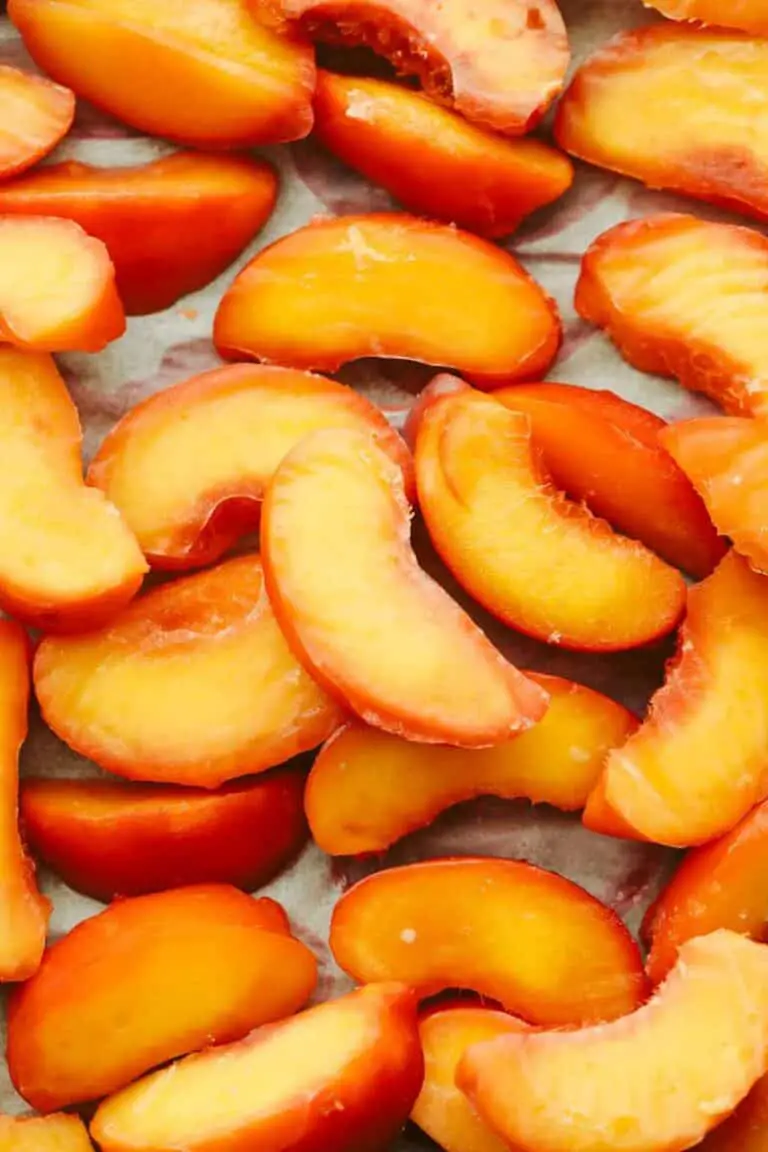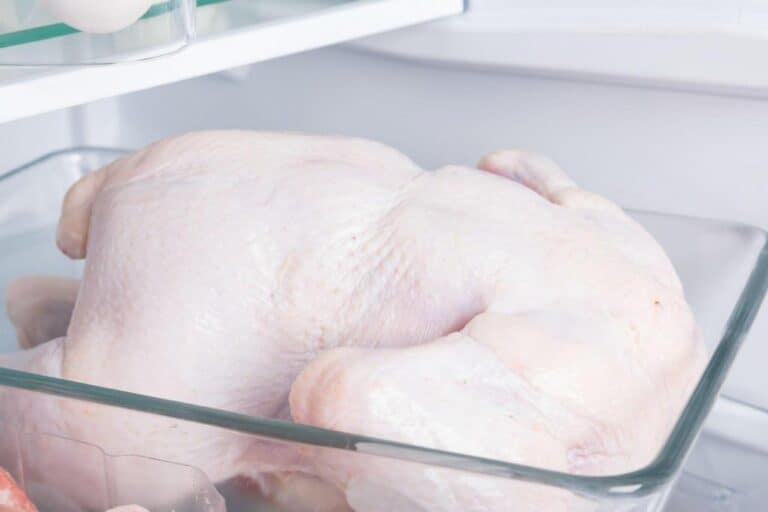Does Drinking Water After Eating Sugar & Sweets Help Sugar Level?
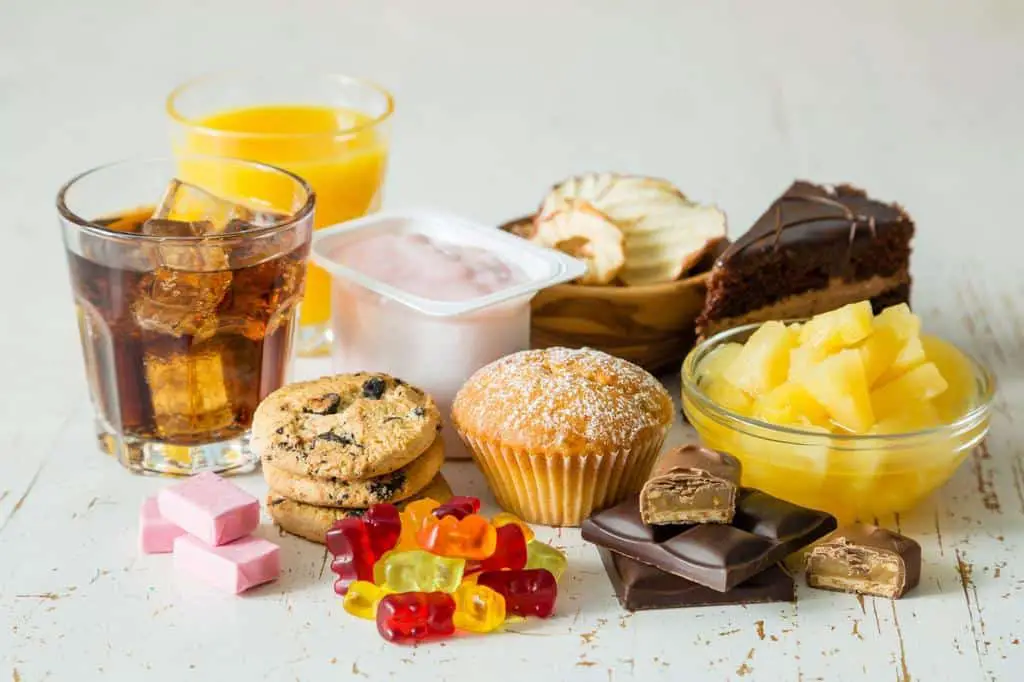
Indulging in the delightful world of sugar and sweets is a temptation that we all succumb to at times. From decadent chocolates to mouthwatering pastries, our taste buds revel in sweetness. But have you ever wondered about the aftermath of such indulgence? That’s where the intrigue begins. The age-old question lingers: can something as simple as a glass of water alter the impact of those sugary delights on our sugar levels?
In our pursuit of understanding this connection, we embark on a journey through science and wellness. The notion of sipping water after partaking in sugary treats sounds almost too good to be true, but science suggests that there might be more to it than meets the eye.
Join us as we explore the fascinating realm of post-sugar hydration and its potential effects on sugar levels. It’s time to quench our thirst for knowledge and find out whether that refreshing glass of water holds the key to balancing our sweet indulgences.
Understanding Blood Sugar Levels and Impact of Sugar Intake
Before diving into the relationship between water intake and blood sugar levels, it’s essential to comprehend how our body manages these levels. Blood sugar, or glucose, serves as a primary source of energy for our cells. However, excessive sugar consumption can lead to fluctuations in blood sugar levels, potentially resulting in energy crashes, mood swings, and long-term health issues.
The types of sugars we consume play a significant role in these fluctuations. Simple sugars, found in candies and sugary beverages, can cause rapid spikes in blood sugar, while complex sugars in whole foods are digested more slowly, leading to more gradual changes.
The Role of Insulin in Blood Sugar Regulation
Enter insulin, the hormone responsible for maintaining blood sugar equilibrium. When we consume sugar, our body releases insulin to facilitate the uptake of glucose into our cells. This process prevents blood sugar levels from skyrocketing and keeps them within a healthy range.
Insulin acts as the key that unlocks the doors of our cells, allowing glucose to enter and fuel our bodily functions. An intricate dance unfolds between sugar intake, insulin production, and efficient utilization to keep blood sugar levels in check.
Drinking Water’s Effects on Blood Sugar Levels
Now, let’s focus on the main question: does drinking water after consuming sugar have an impact on blood sugar levels? The logic behind this notion lies in water’s potential to dilute the concentration of sugar in the bloodstream.
While water can’t magically erase the effects of sugar consumption, it may play a role in mitigating the immediate spike in blood sugar levels that follows indulging in sweets.
The mechanisms at play are quite fascinating. Water aids in the digestion and absorption of nutrients, including sugars, in the gastrointestinal tract. By hydrating before or after consuming sugary treats, you might influence the pace at which sugar is broken down and absorbed, potentially leading to a less abrupt increase in blood sugar.
Water Consumption After Eating Sugars and Sweets
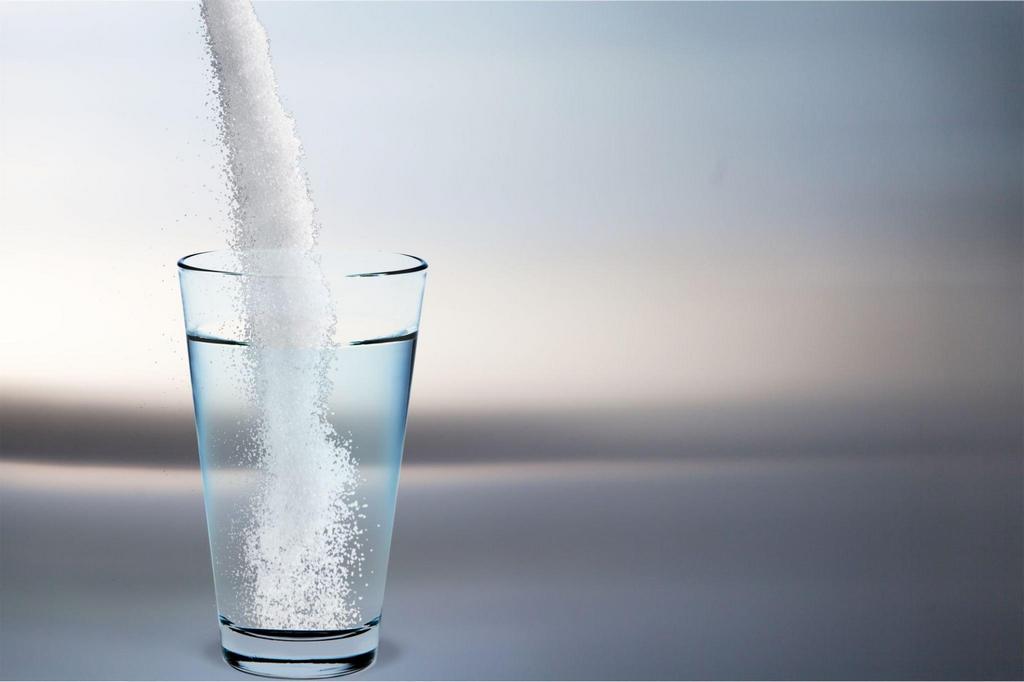
Timing is crucial when it comes to reaping the benefits of water consumption in relation to sugar intake. While drinking water immediately after satisfying your sweet tooth might offer some advantages, a more sustainable approach involves staying consistently hydrated throughout the day.
Hydrating after indulging in sugary treats might dilute the concentration of glucose in the bloodstream, potentially moderating the intensity of blood sugar spikes. Additionally, the act of sipping water could help suppress the desire for additional sugary snacks, indirectly supporting healthier blood sugar levels.
Hydration and Blood Sugar Management
Beyond its potential impact on blood sugar levels, proper hydration boasts a host of benefits. Staying hydrated supports overall health by aiding digestion, enhancing metabolism, and promoting clear skin.
When it comes to blood sugar management, hydration plays a pivotal role in supporting insulin sensitivity, a factor crucial for maintaining stable blood sugar levels.
In conclusion, while drinking water after consuming sugar and sweets may offer some benefits, it’s important to remember that it’s just one piece of the puzzle. A well-rounded approach to sugar intake, coupled with consistent hydration and a balanced diet, can contribute to healthier blood sugar levels and overall well-being.
So, the next time you enjoy a sugary delight, consider reaching for that glass of water as well; your body might just thank you for it.
| Pros of Drinking Water After Sweets | Cons of Drinking Water After Sweets |
| Moderates immediate blood sugar spikes | Does not eliminate overall sugar effects |
| Supports digestion of sugary treats | Timing and quantity matter for effectiveness |
| Helps manage cravings for more sweets | Should complement balanced diet and lifestyle |
| Aids in overall hydration | Individual responses may vary |
Remember, every sip of water contributes to your body’s intricate dance of maintaining blood sugar equilibrium. Stay mindful of your sugar intake, prioritize hydration, and embrace a holistic approach to health and wellness. Your body will thank you for it in the long run.
Factors Influencing Post-Sugar Water Consumption
The relationship between water intake and sugar levels isn’t a one-size-fits-all scenario. Individuals differ in their responses to sugar intake and hydration. Age, weight, and existing health conditions all play a role in how our bodies regulate blood sugar. This interplay of factors necessitates a personalized approach when considering the benefits of drinking water after consuming sugar.
While some might find relief in sipping water post-sugar, others may not experience the same effects. Acknowledging individual variations empowers us to make informed choices about our dietary habits.
Balancing Diet and Lifestyle for Blood Sugar Control
The journey to stable blood sugar levels involves more than a single glass of water. A balanced diet is the cornerstone of effective blood sugar management. Combining sugary indulgences with nutrient-dense foods rich in fiber, protein, and healthy fats can slow the absorption of sugar into the bloodstream, reducing the likelihood of sharp spikes.
Physical activity also plays a pivotal role. Engaging in regular exercise enhances our body’s ability to utilize sugar, promoting better blood sugar control. The synergy of a balanced diet and an active lifestyle sets the stage for improved sugar metabolism.
Practical Tips for Managing Blood Sugar After Sugar Consumption
Crafting a strategy for managing blood sugar levels after sugar consumption involves practical steps. Here are a few strategies to consider:
- Monitor Your Response: Keep an eye on how your body responds to different foods and water intake. This awareness can guide your choices and help you tailor your approach.
- Portion Control: Moderation is key. Be mindful of portion sizes when enjoying sugary treats, and consider pairing them with nutrient-rich options.
- Stay Hydrated: Drinking water throughout the day, not just after sweets, supports overall health and may aid in moderating blood sugar spikes.
- Consult Healthcare Professionals: If you’re grappling with blood sugar management, seeking guidance from healthcare experts can provide personalized insights.
Long-Term Implications and Lifestyle Changes
The implications of excessive sugar consumption extend beyond short-term fluctuations in blood sugar levels. Frequent indulgence in sugary treats can lead to weight gain, insulin resistance, and an increased risk of chronic health issues like diabetes and heart disease.
Embracing sustainable lifestyle changes is the key to preventing long-term blood sugar-related problems. Incorporate whole, unprocessed foods, prioritize regular physical activity, and foster a balanced relationship with sugar.
Myths and Facts About Drinking Water and Urination
Let’s explore the myths and facts surrounding the relationship between drinking water and urination:
Myth 1: More Water Means More Bathroom Trips
Fact: While it’s true that increased water intake can lead to more frequent urination, it’s not necessarily a bad thing. Your body’s need for water varies, and urination helps eliminate waste and toxins. Staying hydrated is essential for overall health.
Myth 2: Clear Urine Means Overhydration
Fact: Clear urine can indeed indicate proper hydration, but it’s not necessarily a sign of overhydration. It means your body is efficiently processing water. Dark urine, on the other hand, may suggest dehydration and the need to drink more water.
Myth 3: Drinking Water Before Bed Causes Nighttime Waking
Fact: While drinking excessive water right before bedtime may increase the likelihood of waking up to urinate, moderate water intake in the evening is generally fine and can help prevent dehydration during the night.
Myth 4: Coffee and Tea Dehydrate You
Fact: While caffeine is a mild diuretic, the water content in coffee and tea makes up for the slight dehydration it causes. can contribute to your daily fluid intake.
Myth 5: You Should Ignore Thirst
Fact: Thirst is your body’s way of signaling that it needs hydration. Ignoring it can lead to dehydration. Listen to your body and drink water when you feel thirsty.
Myth 6: Overhydration Is Harmless
Fact: Overhydration, also known as water intoxication, can be dangerous. It dilutes the electrolytes in your body, leading to potential health issues. Balance is key; drink enough water to stay hydrated, but don’t overdo it.
Myth 7: Eight Glasses of Water a Day are a Must
Fact: The “eight glasses a day” rule is a guideline, not a strict requirement. Your water needs depend on various factors like age, activity level, and climate. Listen to your body and drink accordingly.
Separating myths from facts regarding drinking water and urination can help you maintain proper hydration and overall well-being. Understanding your body’s signals and needs is crucial for a healthy balance.
In Summary
In the quest for better sugar level management, drinking water after consuming sugar and sweets can offer some benefits. Water’s ability to dilute the concentration of sugar in the blood may help mitigate immediate spikes in blood sugar levels. However, it’s crucial to remember that water is not a magic solution and should be combined with a balanced diet and healthy lifestyle choices for optimal results.
Staying hydrated has a multitude of benefits beyond sugar level regulation, including improved digestion, appetite control, and enhanced energy levels. Nevertheless, moderation is key when it comes to sugar consumption, and relying solely on water to counteract the effects of excessive sugar intake is not a sustainable approach.
As you navigate the tempting world of sweets, keep in mind that making informed dietary choices and maintaining a mindful approach to both water intake and sugar consumption can lead to a healthier and more balanced lifestyle.
Conclusion
In a world where sweet temptations are aplenty, navigating blood sugar management requires knowledge, self-awareness, and an understanding of our bodies’ intricacies. While drinking water after consuming sugar may offer some benefits, it’s a piece of a larger puzzle. Adopting a holistic approach, rooted in evidence and tailored to individual needs, can empower us to strike a harmonious balance between indulgence and well-being.
FAQs on Sugar Level Management through Water Consumption
Does drinking water reduce blood sugar levels?
Drinking water may help dilute blood sugar levels temporarily, but it’s not a substitute for proper diabetes management.
How long after eating sweets should I drink water to control blood sugar?
Drinking water shortly after sweets might help mitigate immediate spikes in blood sugar, but consistent hydration is key.
Can drinking water prevent diabetes?
While water is vital for overall health, it alone cannot prevent diabetes. A balanced lifestyle is crucial.
What are the best foods to eat to manage blood sugar levels?
Drinking water before or after sugary foods can help slow sugar absorption, but overall diet matters.
Is it better to drink water before or after eating sugary foods?
Drinking water after sweets could potentially lessen immediate blood sugar spikes, but it’s not a guaranteed solution.
Can drinking water immediately after eating sweets lower blood sugar levels?
Drinking water after sweets could potentially lessen immediate blood sugar spikes, but it’s not a guaranteed solution.
Does water consumption replace the need for insulin in managing blood sugar?
Water consumption complements diabetes management but doesn’t replace insulin for those who need it.
Are there any risks associated with drinking water after consuming sugar?
Drinking water after sugar consumption usually poses no risk, but consult a healthcare professional for guidance.
How does hydration impact insulin sensitivity and blood sugar control?
Staying hydrated supports insulin sensitivity, aiding blood sugar control and overall health.
What other lifestyle factors contribute to effective blood sugar management besides water consumption?
Regular exercise, balanced meals, portion control, and stress management are vital alongside water consumption for effective blood sugar management.

